SHUF and NHRC Partnership
SHUF and National Human Rights Commission Partnership: Human Rights Abuse Campaign and Defense
Introduction
In an effort to combat human rights abuses and promote social justice in Nigeria, the Safeguard Humanity Foundation (SHUF) has partnered with the National Human Rights Commission (NHRC) Enugu and Ebonyi States. This partnership aims to create a comprehensive Human Rights Abuse Campaign and Defense initiative that educates the community, raises awareness, and provides support for victims of human rights violations. With a shared vision of fostering respect for human rights and ensuring accountability for perpetrators, the collaboration seeks to empower communities to advocate for their rights effectively.
Objectives of the Partnership
The primary objectives of the SHUF and NHRC partnership include:
1. Raise Awareness: Educate the public about their human rights and the various forms of human rights abuses that may occur in their communities.
2. Advocate for Justice: Support victims of human rights abuses by providing resources, legal assistance, and a platform to seek justice against offenders.
3. Promote Legal Literacy: Equip individuals with the knowledge of relevant laws and mechanisms for reporting violations, as well as understanding their rights and responsibilities.
4. Encourage Community Engagement: Foster community discussions around human rights issues, empowering residents to voice their concerns and actively participate in advocacy efforts.
5. Collaborate with Stakeholders: Work alongside civic organizations, local government agencies, and law enforcement to create a united front against human rights abuses.
Key Components of the Human Rights Abuse Campaign
The SHUF and NHRC partnership comprises a range of initiatives specifically designed to address human rights abuses and empower affected individuals:
1. Community Education Workshops
– Awareness Sessions: Conduct workshops and seminars that inform community members about their human rights, the types of abuses they may encounter, and the importance of human rights advocacy.
– Legal Rights Education: Provide guidance on relevant national and international human rights laws, enabling individuals to understand their rights and how to assert them.
2. Human Rights Advocacy Campaigns
– Public Awareness Campaigns: Launch campaigns through various media (social media, local radio, and community gatherings) aimed at raising awareness about human rights issues and encouraging people to report abuses.
– Storytelling Initiatives: Collect and share personal stories of human rights violations to highlight the impact of these abuses on individuals and communities, fostering empathy and action.
3. Support Services for Victims
– Legal Aid and Counseling: Establish a support system that offers legal advice and representation for victims of human rights violations, helping them navigate the legal system to seek justice.
– Psychosocial Support: Provide counseling and mental health services for individuals affected by trauma resulting from human rights abuses, helping them to heal and rebuild their lives.
4. Mobilizing Community Action
– Community Watch Groups: Form local human rights monitoring groups equipped to observe, report, and document incidents of abuse and assist victims in seeking redress.
– Advocacy Networks: Encourage the formation of coalitions among activist groups, NGOs, and community organizations dedicated to promoting human rights and advocating for policy change.
5. Engagement with Local Authorities
– Collaborative Workshops: Work with law enforcement and local authorities to conduct joint training sessions on human rights standards and best practices, fostering a culture of accountability.
– Policy Advocacy: Engage with policymakers to promote the development and implementation of human rights-friendly legislation and policies at the local and state levels.
Measuring Success
The effectiveness of the SHUF and NHRC partnership will be evaluated through:
– Participation Metrics: Tracking attendance and engagement in workshops, seminars, and advocacy campaigns to gauge community involvement.
– Cases Documented: Monitoring the number of reported human rights abuses and the legal actions taken by victims as a direct result of the support provided.
– Feedback and Evaluations: Soliciting feedback from participants and communities on the impact of the programs and areas for improvement.
– Community Awareness Surveys: Conducting surveys to assess changes in community awareness and understanding of human rights issues over time.
The partnership between the Safeguard Humanity Foundation (SHUF) and the National Human Rights Commission (NHRC) Enugu and Ebonyi aims to foster a culture of human rights advocacy and accountability. Through education, advocacy, and support for victims, this collaboration seeks to empower communities to stand against human rights abuses and promote social justice. Together, SHUF and NHRC are committed to ensuring that individuals are informed, protected, and empowered to defend their rights, creating a safer and more just society for all. This initiative represents a proactive approach to human rights defense, encouraging every community member to be a catalyst for change in the fight against human rights abuses.
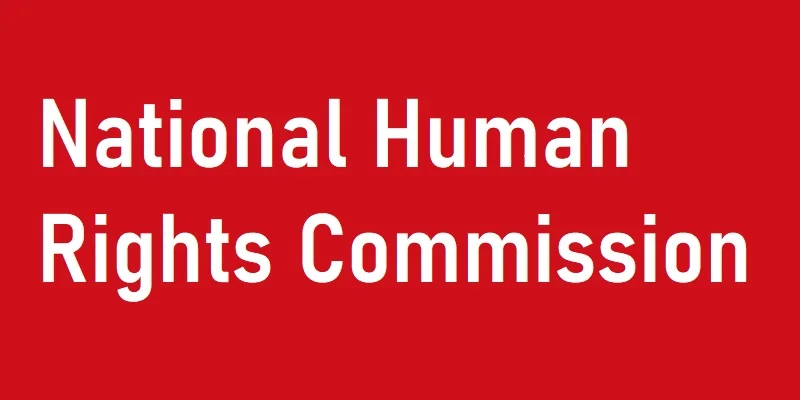
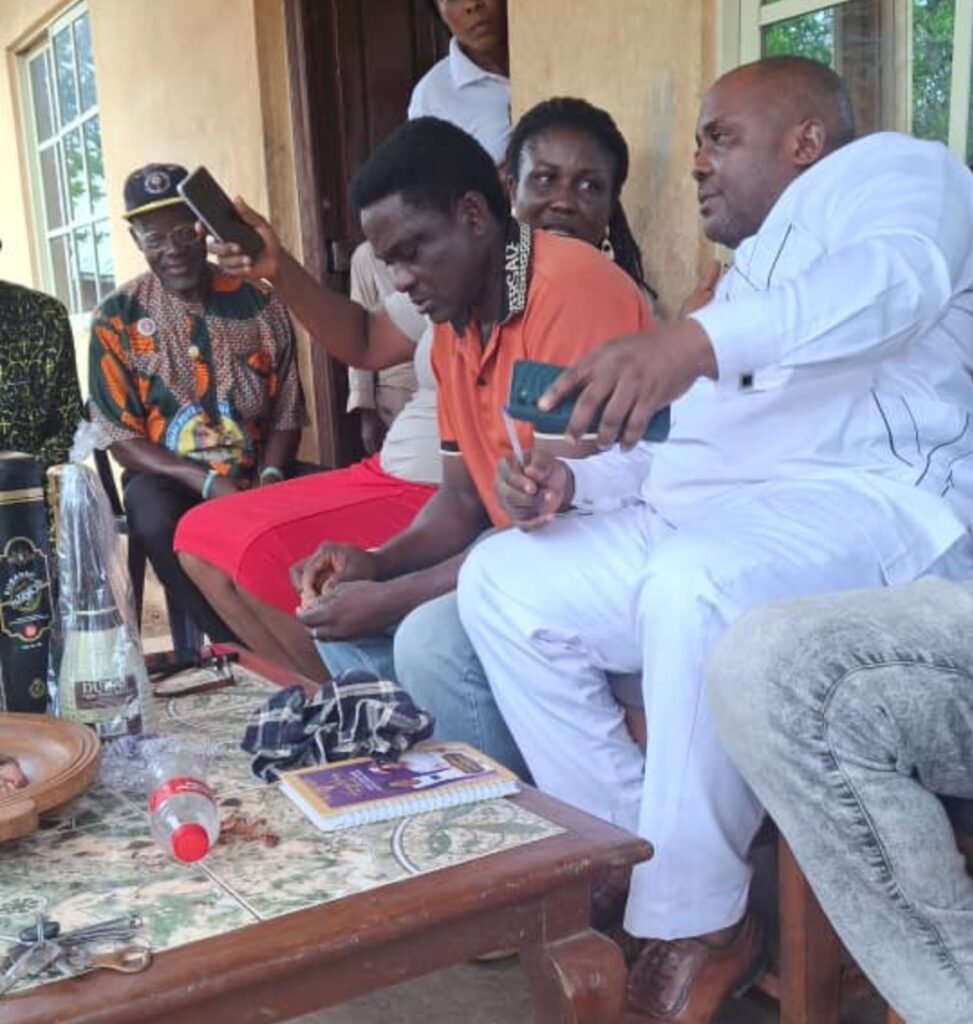
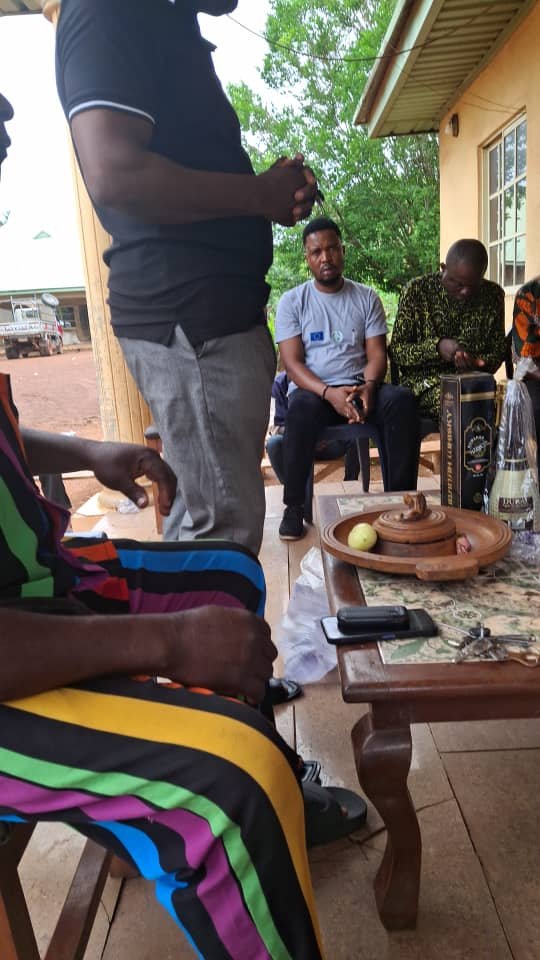
Empowering Survivors:
The Stories of Agnes Nne and Mary Obeji
As part of the ongoing efforts by the Safeguard Humanity Foundation (SHUF) and the National Human Rights Commission (NHRC) in Enugu and Ebonyi States to combat human rights abuses, two courageous women—Agnes Nne and Mary Obeji—have found hope and support through the collaborative initiative. Their stories embody the resilience of survivors and the transformational impact of community advocacy and support services.
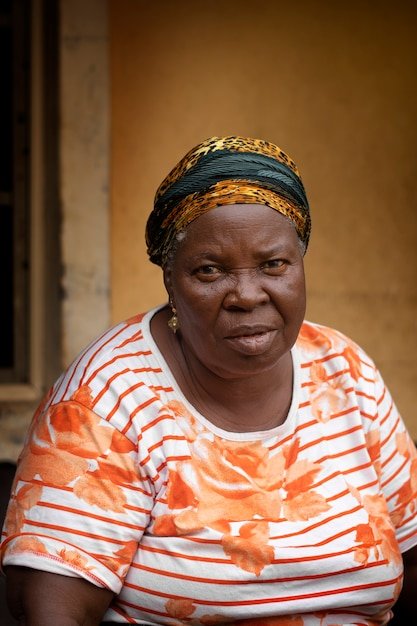
Agnes Nne is a 89-year-old mother of five who experienced severe domestic abuse at the hands of her husband. For years, Agnes endured physical violence and emotional manipulation, which left her feeling powerless and trapped. The abuse escalated during the last few years when she was confined at home and faced increasing isolation. In desperation, Agnes sought help from a local community organization that was part of the network established by SHUF and NHRC.
Through this partnership, Agnes was able to access legal aid and counseling services. With the support of trained advocates, she learned about her rights and how to seek protection from her abuser. The advocacy network provided her with the necessary resources to file for a restraining order and pursue legal action against her husband.
Additionally, the psychosocial support she received helped Agnes rebuild her self-esteem and mental health. The network organized empowerment workshops that focused on life skills, economic independence, and personal development. Today, Agnes is not only a survivor but a vocal advocate for domestic abuse awareness in her community. She shares her story to inspire other women facing similar circumstances, encouraging them to seek help and support.
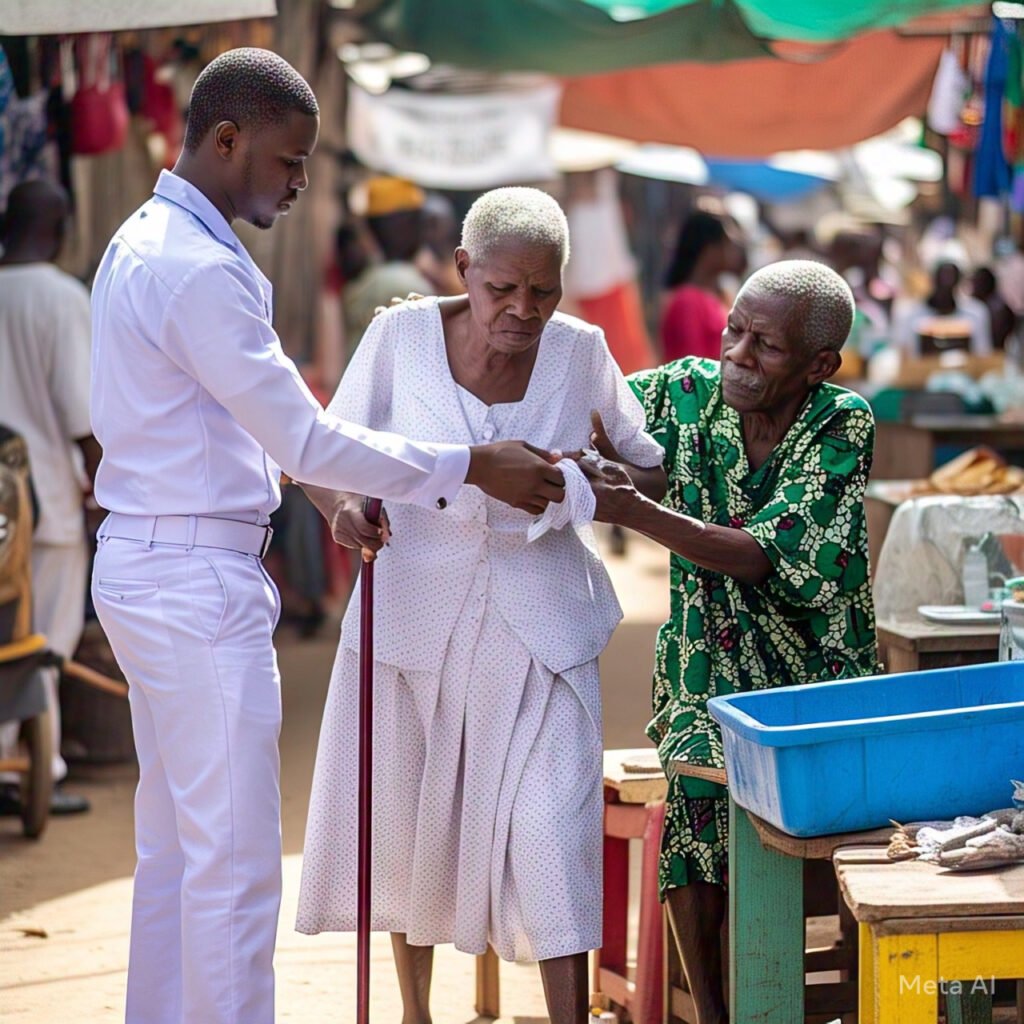
Mary Obeji, a 28-year-old educator, faced harassment and intimidation from community members after standing up against child abuse in her neighborhood. After witnessing the exploitation of local children, Mary courageously reported the incidents to the appropriate authorities. However, her bravery drew backlash from some individuals who sought to silence her.
Feeling threatened and unsafe, Mary reached out to SHUF and NHRC for assistance. The collaborative efforts provided her with a safe space to voice her concerns and receive legal protection. Legal advisors aided Mary in filing complaints against her harassers, ensuring that her rights were upheld and that accountability was pursued.
Moreover, the support system offered Mary access to counseling services to help her cope with the emotional toll of her experiences. The NHRC facilitated community advocacy campaigns that highlighted the importance of child protection and supporting whistleblowers like Mary. As a result of her resilience and the backing she received, Mary became an integral part of a community network dedicated to raising awareness about child rights and domestic violence.
The stories of Agnes Nne and Mary Obeji illustrate the vital importance of collaborative efforts between organizations like SHUF and NHRC in addressing human rights abuses and providing support for survivors. Through education, legal aid, and community empowerment, both women have emerged as advocates for change within their communities.
Their journeys highlight the transformative impact of support networks and the necessity of raising awareness about human rights issues. Agnes and Mary are now champions of justice, inspiring others to speak out and seek help when confronted with abuse. Through their courage and the initiatives provided by SHUF and NHRC, they serve as powerful testaments to resilience and the potential for healing and advocacy.




